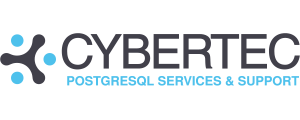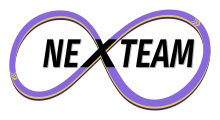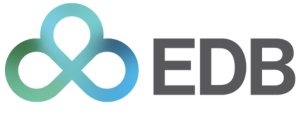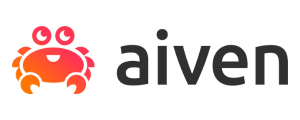Interview with Atlas
Find out more about our sponsor Atlas
Any views or opinions represented or expressed in this interview belong solely to the interviewee and do not necessarily represent those of the 2025 organization, PostgreSQL Europe, or the wider PostgreSQL community, unless explicitly stated.
What is your PostgreSQL centered product or service?
We build Atlas, a modern tool for managing PostgreSQL schema migrations. Atlas brings modern DevOps practices to database management, focused on improving automation and reliability. Teams define their desired schema state in code, and Atlas plans and applies migrations automatically.
Atlas, sometimes referred to as “Terraform for Databases”, reads schemas seamlessly from raw SQL or popular ORMs like Django and SQLAlchemy. Whether you’re managing a single app database or coordinating hundreds of schemas across environments, Atlas helps engineering teams evolve schemas safely and predictably, without manual scripts or risky hand-offs.
Schema migrations are a risky business and a common cause for unreliability and outages. To prevent issues before they happen, Atlas can be used as an automatic code reviewer to detect and block problematic schema changes from ever landing.
Why did you choose to sponsor PGDay UK 2025?
PostgreSQL powers some of the most critical infrastructure in SaaS, fintech, healthcare, and enterprise systems. PGDay UK brings together the people running those systems in production. We're here to learn from the community, share what we've built, and support engineers who are solving schema change problems at scale.
Many teams we talk to are moving fast but struggling to manage schema changes safely. They’re adopting GitOps, shifting left on database workflows, and looking for tooling that can keep up without breaking production. PGDay UK attracts the kind of engineers who are building serious systems and know the cost of bad migrations. We’re excited to meet them.
How do you see AI changing the database world over the next few years?
AI is already accelerating operational workflows across engineering, and databases are no exception. We see LLMs helping with tasks like writing and reviewing schema migrations, detecting performance bottlenecks, suggesting indexes, and catching drift—but only if the surrounding systems are built to support structured, version-controlled automation.
Atlas is being built as a substrate for AI-native workflows: every schema state is codified, diffs are deterministic, and changes are traceable. This makes it easy to plug LLMs into the loop safely. We've shipped Atlas Copilot, our AI assistant for schema migrations, which is already streamlining changeset generation, migration planning, and query tuning in real-world pipelines today. It will expand its capabilities in the future, helping teams ship faster without compromising on safety.
Are there any interesting talks which your staff have presented at other conferences?
At KubeCon EU 2024, our CTO delivered “The Hard Truth About GitOps and Database Rollbacks”, covering why most rollback strategies in database automation fall short, and how GitOps-native tooling like the Atlas Kubernetes Operator can close the gap. That message resonated and was later expanded in this blog post.
We also shared “The Missing Chapter in the Platform Engineering Playbook” at SREday London, highlighting the need for first-class schema management in platform workflows. These ideas are central to our vision for making database changes safe, repeatable, and integrated with modern DevOps.








